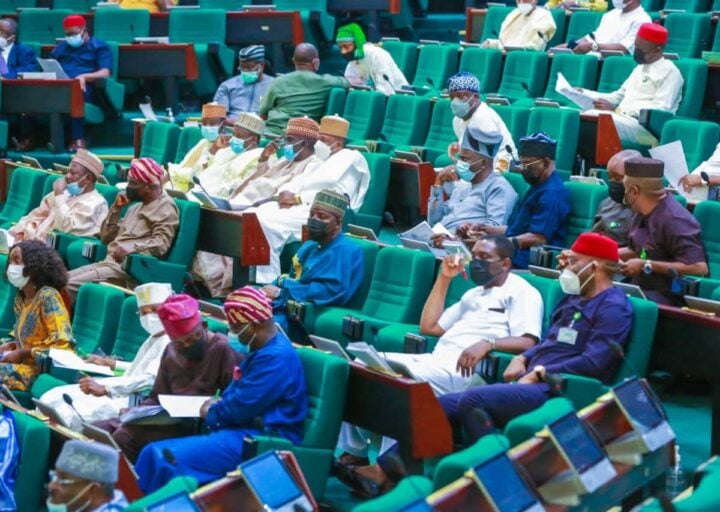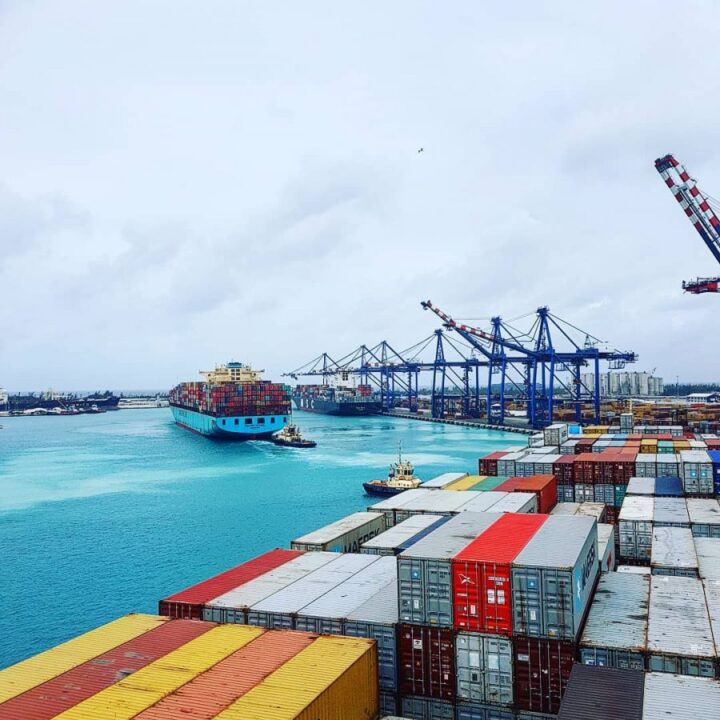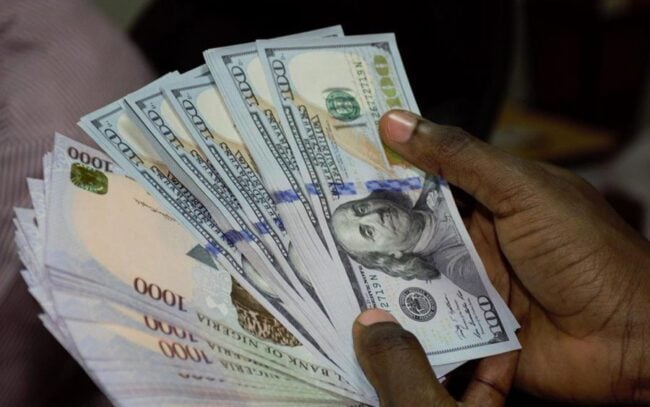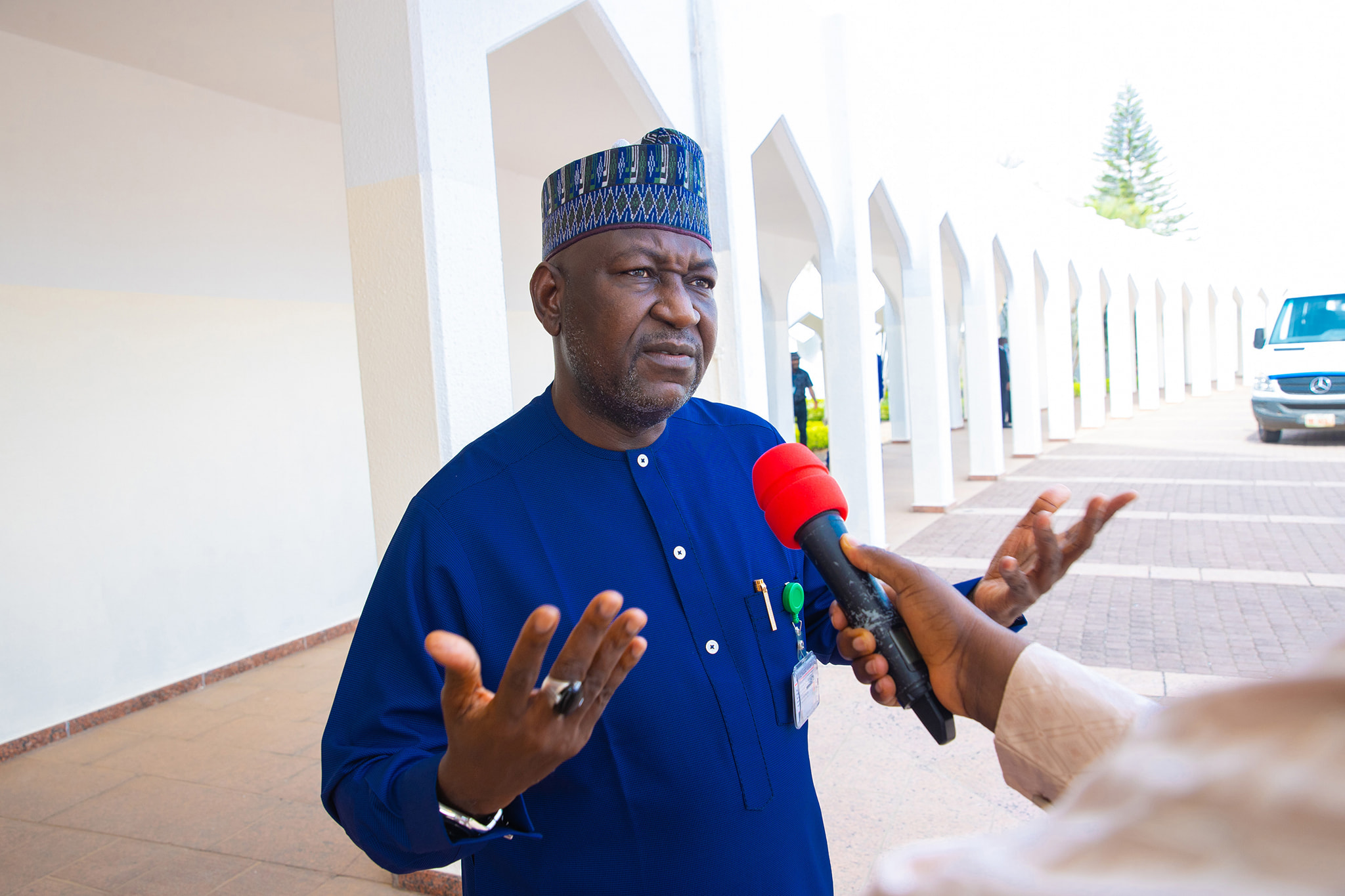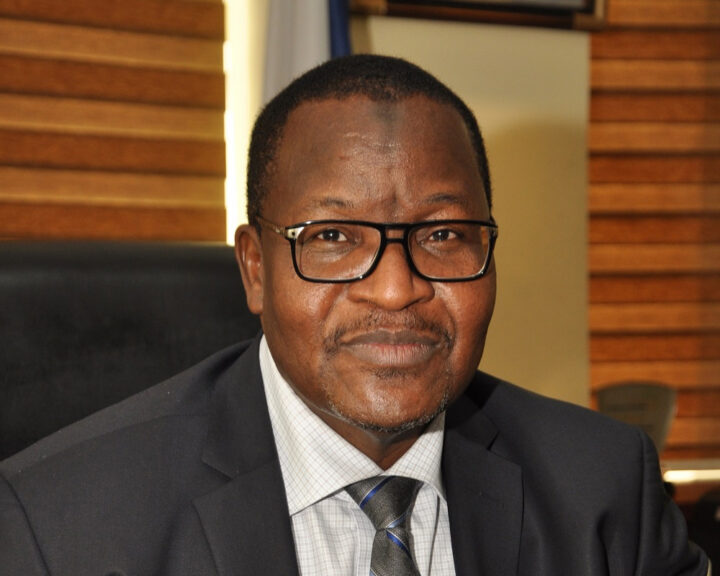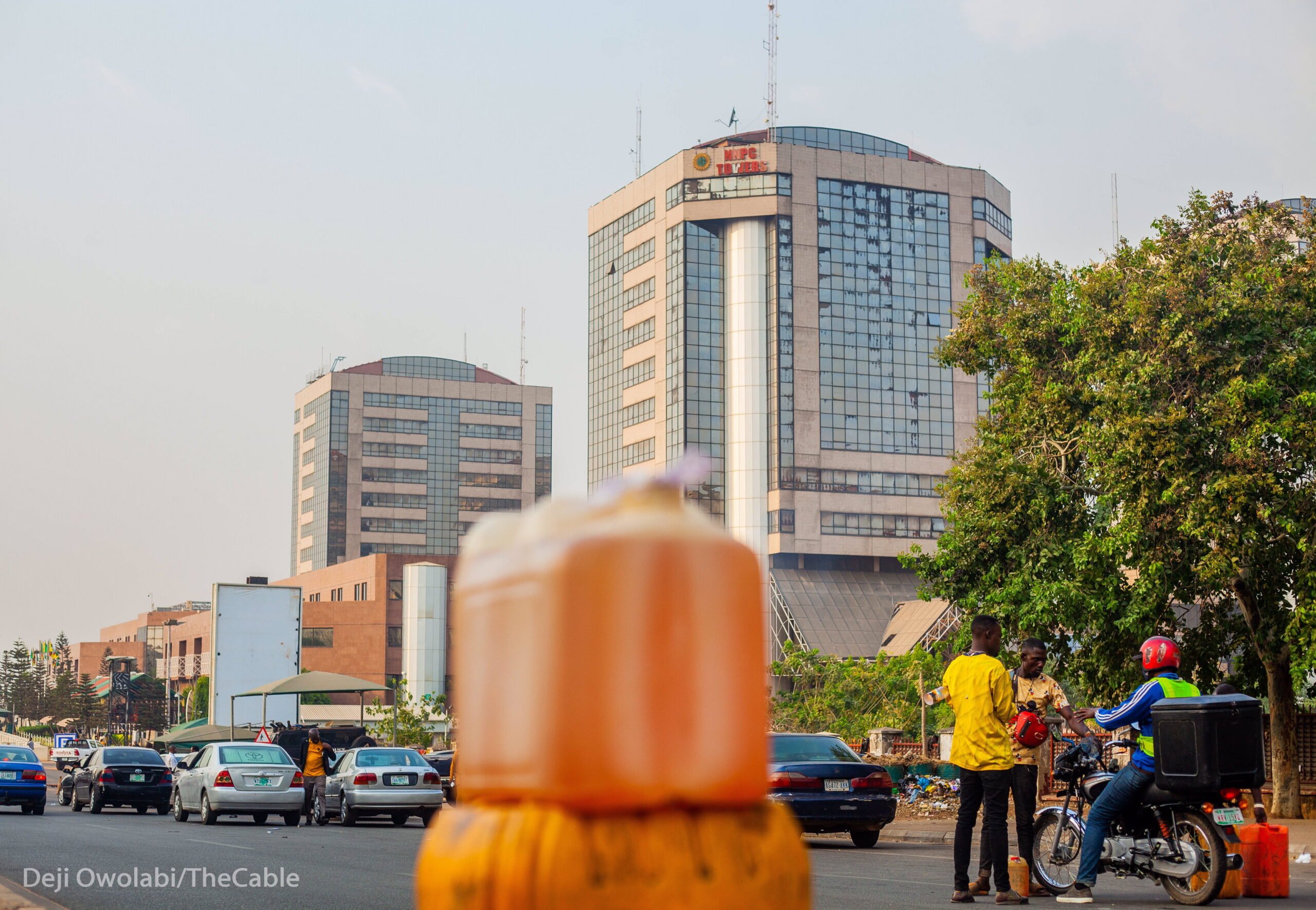A house of representatives committee has summoned Mele Kyari, group managing director of the Nigerian National Petroleum Company (NNPC) Limited, over the state of nation’s refineries.
The ad hoc committee investigating the state of refineries in Nigeria also summoned Godwin Emefiele, governor of the Central Bank of Nigeria (CBN), Zainab Ahmed, minister of finance; Timipre Sylva, minister of state for petroleum and the heads of the state-owned refineries.
Johnson Ganiyu, chairman of the committee, announced the summon on Thursday after the government officials failed to attend the panel’s investigative hearing.
In January, the house had set up the committee to investigate the status of the nation’s refineries and ascertain what is required to bring it back to full capacity and also find out the amount of money spent on maintenance to date.
Advertisement
At its sitting on Thursday, the committee expressed dissatisfaction that the government officials invited sent representatives instead.
Johnson, who noted that the NNPC sent a document, asked Kyari to attend the hearing in person and provide a report on the status of the Port Harcourt Refining Company (PHRC), Warri Refining and Petrochemical Limited, Kaduna Refining and Petrochemical Limited.
He said all the summoned officials should appear before the committee next Thursday.
Advertisement
Other government officials expected to appear before the committee at the next sitting include Ahmed Idris, the accountant-general of the federation (AGF), Adolphus Aghughu, auditor-general (AuGF), Ben Akabueze, director-general of the budget office and Simon Harry, statistician-general.
The committee is also expecting to hear from the heads of refineries across the country.
The state of the nation’s refineries has been a subject of debate as the country continues to import refined petroleum products.
This year, NNPC has not been able to remit revenue to the federation account to the high cost of subsidy — vandalism and oil theft.
Advertisement
